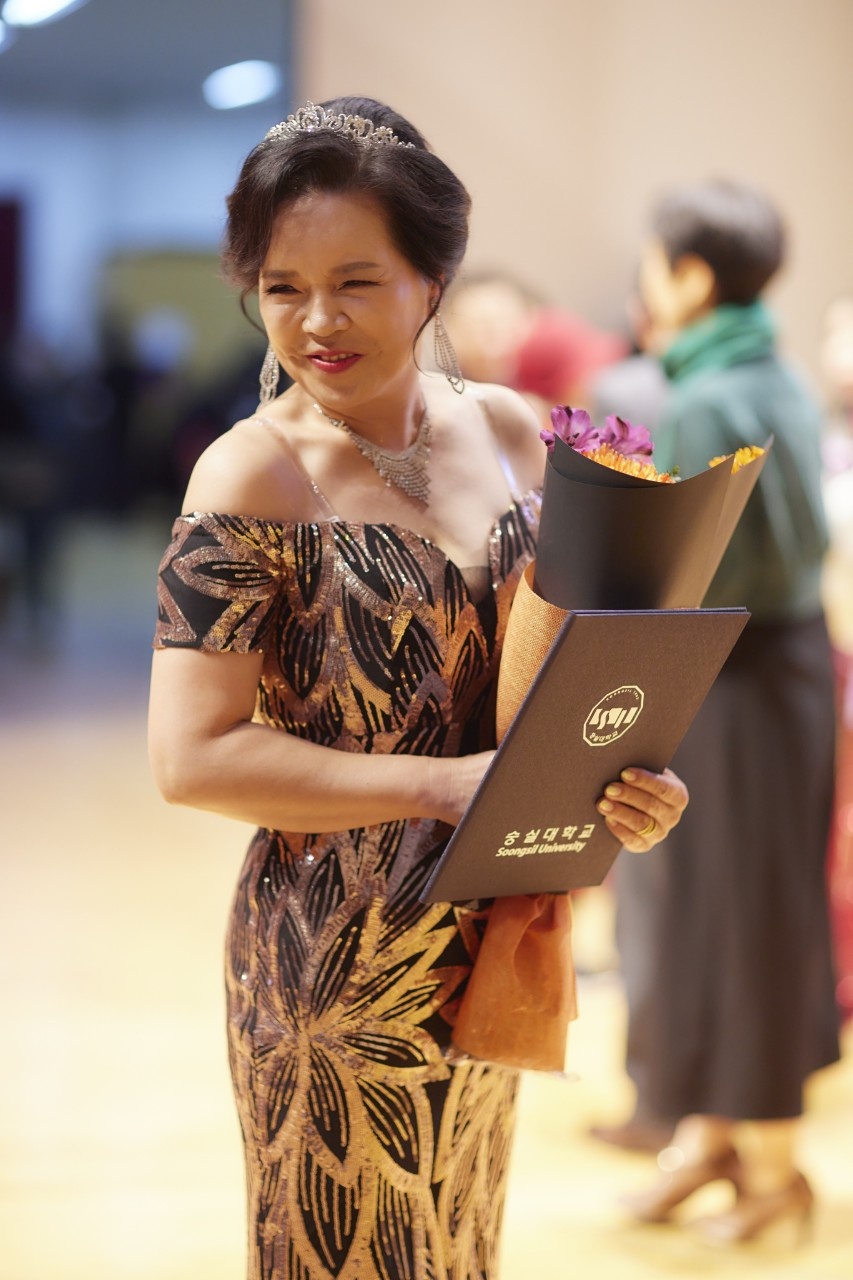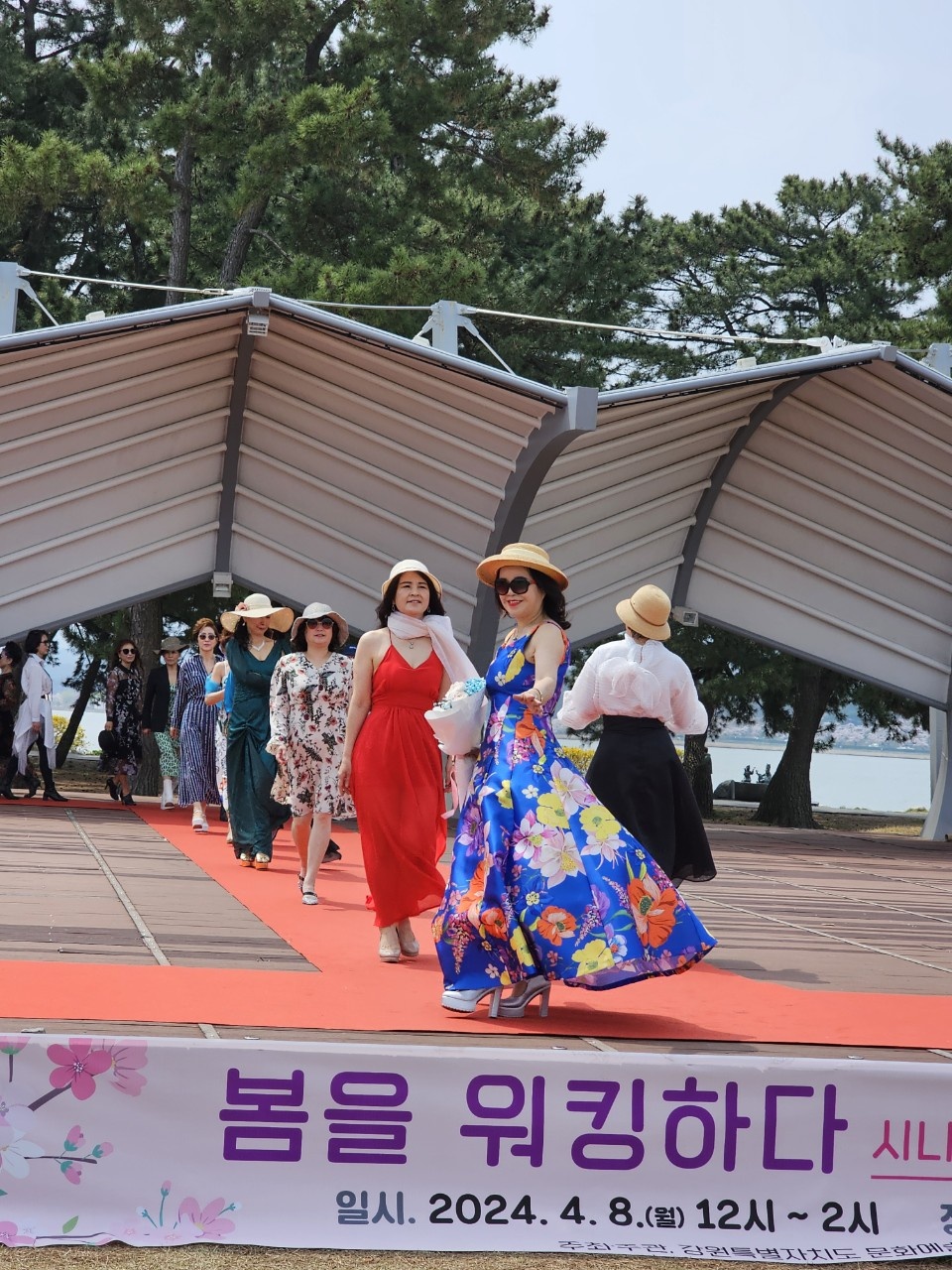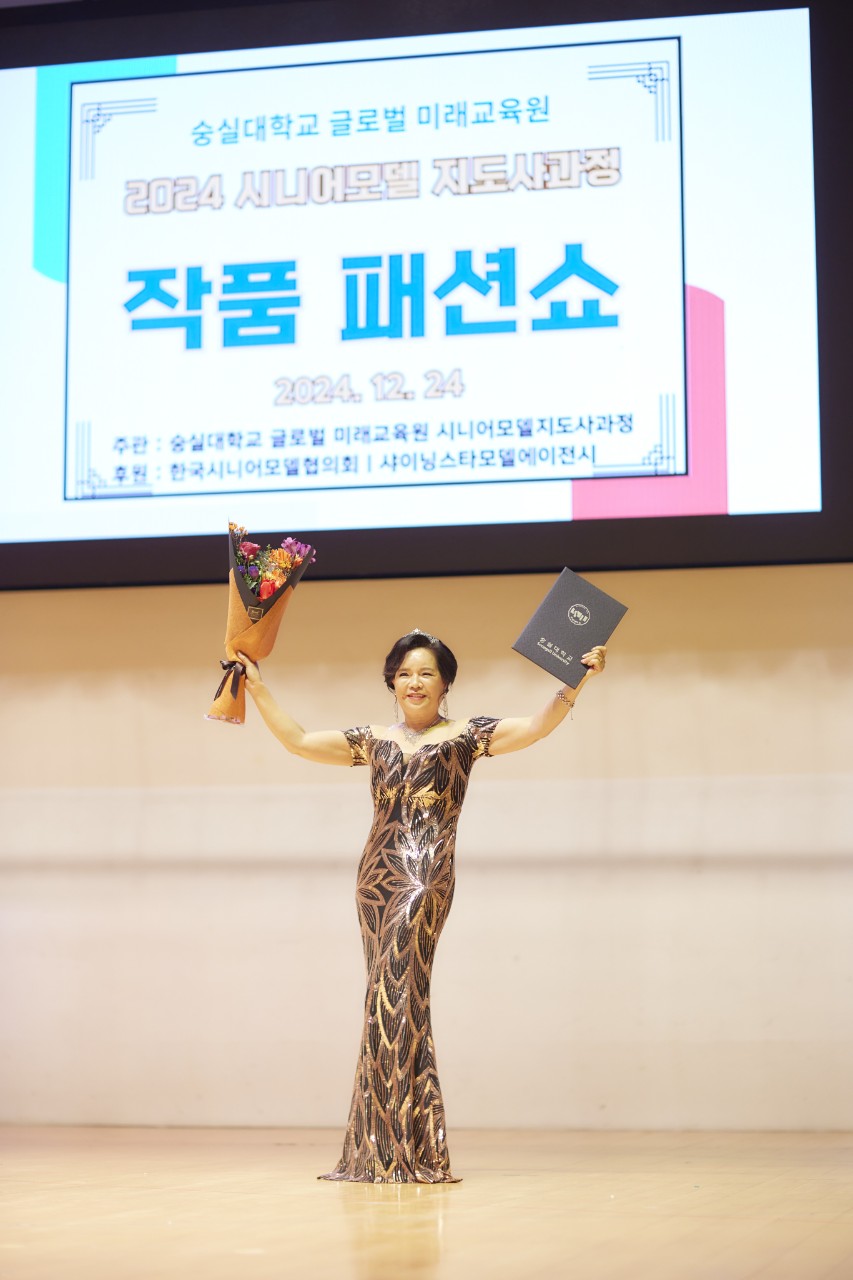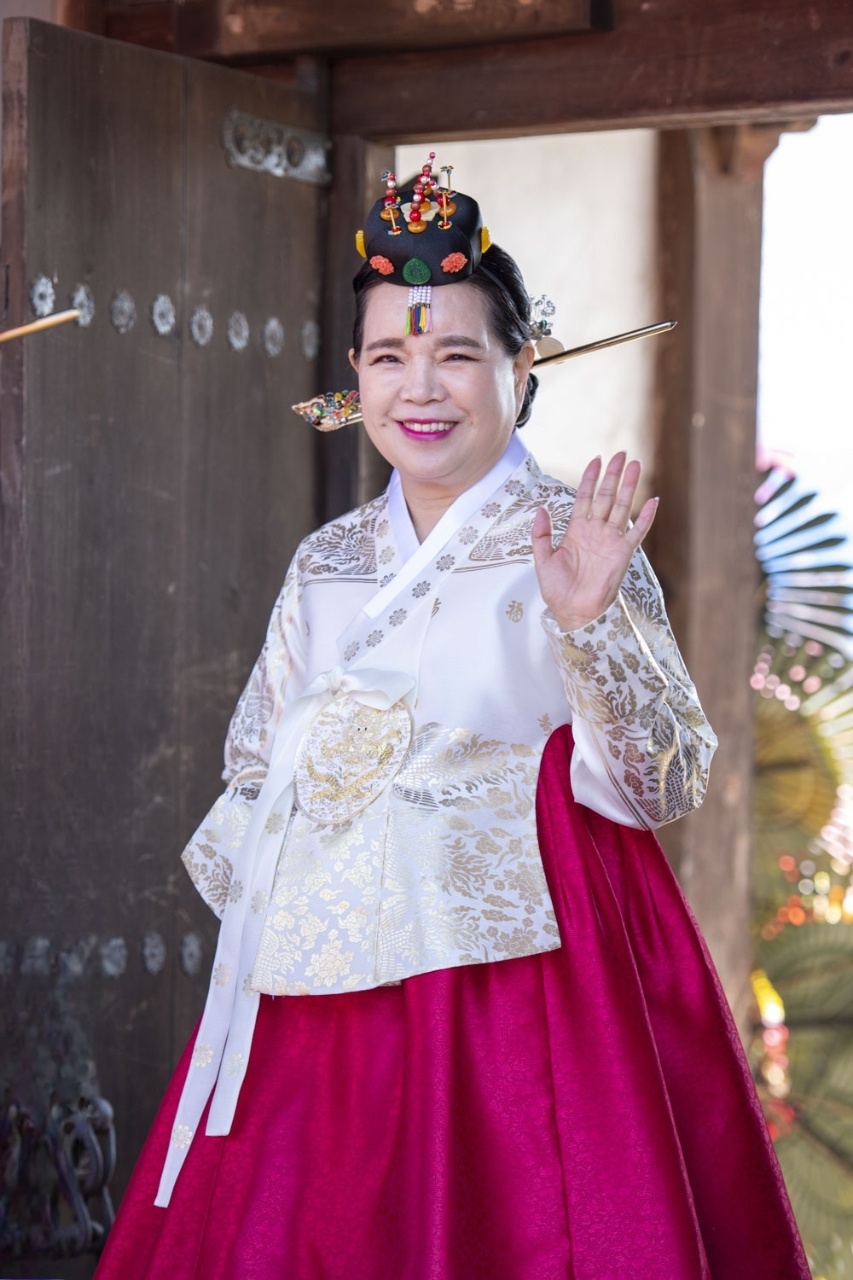Senior Walking Coach Bae Eun-ja on Hope, Healing, and the Power of the Grand Generation

South Korea is quickly approaching a new demographic milestone: 10 million people aged 65 and older. But this generation of seniors is different—more active, tech-savvy, and financially independent than any before. Often referred to as the “GG (Grand Generation)”, those born between 1950 and 1971 are rewriting what it means to age. Many see themselves as more than a decade younger than their biological age, embrace digital life with ease, and invest in wellness, style, and new experiences. No longer passive recipients of care, they’re taking an active role in society—as consumers, professionals, and creators.
One remarkable figure embodying this spirit is Bae Eun-ja, a senior walking coach based in Gangneung. After a near-death experience that left her unable to walk, she fought her way back and now dedicates her energy to teaching, modeling, and inspiring others. SeoulCity News sat down with her to hear her story of resilience and reinvention.
Q. Coach Bae, thank you for speaking with us. Your story of healing and new beginnings has touched many people. Could you tell us more about what happened after you collapsed in 2017?
A. On July 29, 2017, my life came to a sudden stop. I collapsed and didn’t regain consciousness for two and a half days—when I finally woke up, I was in the emergency room at Seoul Asan Medical Center. The diagnosis was meningioma, and on August 16, I underwent a 12-hour emergency brain surgery. Even after surgery, I remained unconscious. My lung capacity had dropped below 40%, and I could barely make out the doctors urging me to do abdominal breathing. I remember thinking, “Is this really the end for me?”

Q. That must have been terrifying. What gave you the will to fight back?
A. In that moment, I saw the faces of my two sons and my daughter. They had lost their father less than two years before. I couldn’t leave them—I was still needed. That one thought—“I have to live, I can’t give up”—pushed me to take a deep breath with every ounce of strength I had. And eventually, I came back. My love for my children was the strongest force keeping me alive.
Q. After regaining consciousness, I understand you still faced severe nerve damage. What was your recovery process like?
A. Yes, even after waking up, the reality was harsh. Due to central nervous system damage, I couldn’t walk—or even move properly. I spent two months in the hospital doing physical therapy and battling through a week-long high fever. After being discharged, I relied on a walker and continued intensive rehab. It was exhausting, but I never gave up. My family, friends, and dedicated medical staff kept cheering me on. Slowly, I began to move my legs again. At home, I focused on exercising every single day.

Q. And that led you to walk again—and eventually become a walking coach. Tell us about that transition.
A. Exactly. The miracle of regaining my steps—though slow and difficult—was life-changing. I took those steps and turned them into something meaningful. Three years ago, I began learning senior model walking at a university lifelong education center. I earned a Level 1 Senior Model Instructor certification, and today, I’m a student majoring in senior modeling at Seoul University of Culture and Arts, continuing to train more seriously and professionally.
Q. Many people in the GG generation are investing in health and appearance and focusing on daily aging management. Do you see your work as part of that movement? And beyond physical recovery, what drives your passion as a senior model?
A. Absolutely. For me, being a senior model is about more than walking or recovering my physical strength. My dream now is to encourage others—especially fellow seniors—to pursue a healthy, beautiful, and active life. I want to give back to society through service, just as I received so much love and support during my recovery. Walking and modeling allow me to share that positive energy with others.

Q. What does "walking" mean to you now?
A. Walking, to me, is not just movement. It’s life, it’s hope, and it’s a miracle. It’s the gift I got when I came back from the brink of death. It’s how I will keep moving forward in life.
Q. Finally, what would you say to other seniors who are facing physical challenges or dreaming of starting something new like you did?
A. I’m someone who walked back into life from the edge of death. If my story can give hope to even one person, that means everything to me. Never give up. With determination and the support of those around you, anything is possible. The GG generation is still young in many ways, and we have so much left to do. I truly believe we can build a vibrant, meaningful later chapter—by supporting each other, sharing experiences, and creating our own communities full of energy and purpose.
Speaking with Coach Bae Eun-ja was a powerful reminder of the resilience and vitality the Grand Generation represents. Her story—a “miracle of walking”—is sure to inspire countless others to find strength, purpose, and new beginnings in their own journeys.

